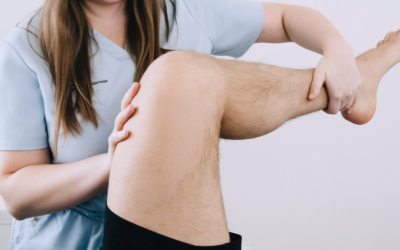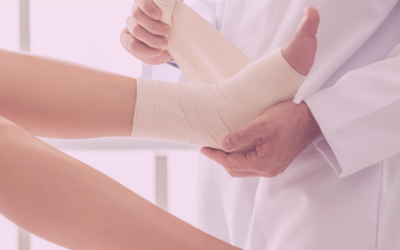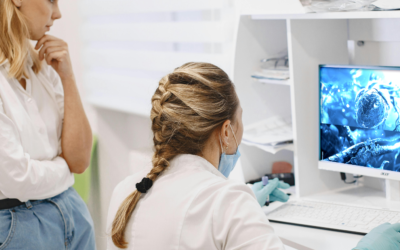As the adage often goes, you are what you eat. While many people know of this famous quote, few people actually think about the impact of their diet on the body. This despite all the available modern research and all the resources at your disposal.
So, just what exactly does a healthy diet does to your body? And, more importantly, what is the role of nutrition in accelerating wound healing?
Read on for a better understanding of how what you put in your mouth affects your immune system. More importantly, let’s delve into how you can improve your immunity by eating the right foods at the right time.
Nutritional impact on wound healing
On a normal day, your body requires a wide selection of nutrients to function optimally. What you eat gives your body strength to perform all manner of functions, be it sleeping, walking, or even resting.

When you’re ill the body requires these nutrients even more. You can better view it as plugging a pothole. Essentially, you need the right balance of elements to not only fill up the missing gap, but also to ensure it doesn’t become undone as soon as you’re finished.
The same can be said of the body. For example, foods rich in protein contain elements instrumental for tissue repair and regeneration. Common foods rich in protein include meats, dairy products, and legumes like beans.
Watch your caloric intake
As previously mentioned, your body will always use the calories you consume. Over time, homeostasis happens and the body creates a stable conversation of what you eat.

Now, when you have a wound, the body can have a hard time dividing your normal calories adequately. This is because the wound will lead to a strain on your body.
If you don’t increase intake of calories, the body will split the calories to cater for all body functions. To ensure there’s no deficit at any point, you can increase the amount of calories you consume when dealing with a healing wound.
Feel free to consult a dietary medical expert on your diet requirements during wound healing. After the wound has healed and your immunity is back to its default, you can resume your previous caloric intake as the body no longer has a strain on available resources.
Water is life
Some people will follow all the advice given, yet forget to hydrate as required. Water is arguably one of the most important aspects of wound healing. In normal instances, your body requires adequate supply of water to perform bodily functions.

Waster helps your body transport essential nutrients and minerals to all body parts. It is also essential in the flushing of waste products from the body through urination and sweating.
In conclusion, the wound healing process takes a toll on your body and requires a customized approach. This includes the medication treatment, and other management procedures prescribed by your medical expert. Aside from the medication, your nutrition is perhaps the greatest contributing factor to how quickly you recover.
Washington Vascular Specialists combines various approaches targeted to helping you get back on your feet, and faster, too. This involves curating the perfect treatment approach, including the perfect diet. Consult our healthcare providers to better learn what nutrition should be part of your diet in order to accelerate wound healing.



